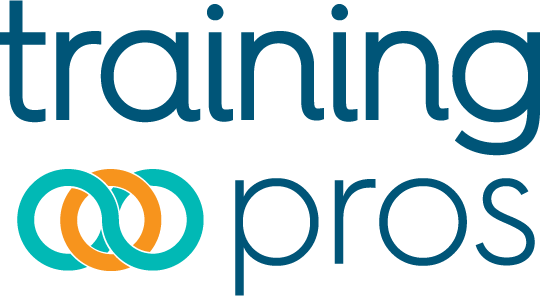This Week’s Headlines
Posted 4/12/2017
The medical device industry is preparing itself for an expected wave of device hacks in 2017. The projection is based on numerous high-profile attacks within recent years, and is prompting both the industry and the FDA to implement stronger protective measures. Of these innovations, a platform for industry and regulatory information exchange is helping companies better prepare for repeat attackers. Read the full article here.
Posted 4/12/2017
ALung Technologies has announced its plans to begin US clinical trial testing after the FDA awarded the medical device firm Expedited Pathway Access for its artificial lung technology. The device, HemoLung Respiratory Assist System, was launched in 2013 outside of the United States, and is able to remove carbon dioxide from and deliver oxygen to a patient’s blood. This device may decrease the amount of patients intubated during in and out-patient treatment. Read the full article here.
Posted 4/12/2017
After releasing drug circulation details last week, the FDA has approved Teva’s Austedo for commercialization. Austedo is meant to reduce the chorea associated with Huntington’s disease. Last week we reported that Teva had replaced molecules in Austedo for “heavy hydrogen,” which increases the amount of circulation time the drug will have within the body. Read the full article here.
Posted 4/12/2017
Neurocrine received approval from the FDA this week to begin commercialization of Ingrezza, currently the only FDA-approved treatment of tardive dyskinesia. The drug will help combat involuntary motions caused by the disease. As of the approval, Ingrezza is the first certified therapy to enter the tardive dyskinesia market. Teva’s Austedo is hoping for the same approval later this year. Read the full article here.
Posted 4/12/2017
Aiming to rectify noise-induced hearing loss, Frequency Therapeutics has begun financing for a small-molecule therapy which will help re-grow small hairs within the inner ear. This therapy is designed to mimic CRISPR and gene therapies to stimulate remaining cells into producing smaller hair cells. If approved by the FDA, Frequency Therapeutics would have commercialization of the first small-molecule hearing loss treatment. Read the full press release here.





